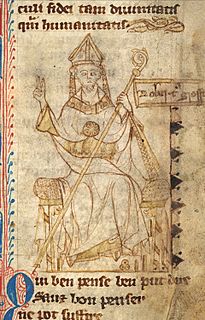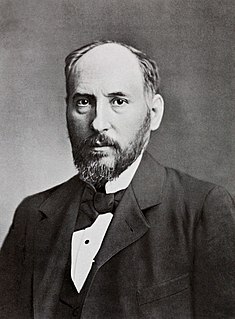Цитата Дэйва Бэрри
Пауки настолько большие, что кажутся одетыми в шкуры мелких млекопитающих.
Темы цитат
Связанные цитаты
Какой бы безжалостной и высокомерной ни казалась власть, ею владеют только простые млекопитающие, которые испражняются и тоскуют, страдают бессонницей и неуверенностью в себе. Эти млекопитающие также обязательно чрезвычайно тщеславны и часто хотят, чтобы их любили почти так же, как они хотят, чтобы их боялись.
Эта часть оптики, если ее хорошо понять, показывает нам, как мы можем сделать так, чтобы предметы, находящиеся на очень большом расстоянии, казались расположенными очень близко, а большие близкие предметы кажутся очень маленькими, и как мы можем заставить маленькие предметы, расположенные на расстоянии, казаться любого размера. мы хотим, чтобы мы могли читать мельчайшие буквы на невероятных расстояниях, или считать песок, или семена, или какие-либо мельчайшие предметы.
Разжигая огонь, можно кое-что узнать о художественной композиции. Если вы используете только маленькие растопки и большие бревна, огонь быстро поглотит мелкие куски, но не станет достаточно сильным, чтобы поразить большие. Необходимо предоставить шкалу размеров от самого маленького до самого большого. Человеческий глаз также не проникнет в картину или здание, если континуум форм не ведет от малого к большому, от большого к малому.
Искусство и литература нуждаются в предельной общительности в такой степени, которой нет даже у дельфинов. Мы единственные из крупных млекопитающих, обладающие такой интенсивной социальной активностью. Есть некоторые мелкие млекопитающие, ставшие эусоциальными, — землекопы, — но это другое дело. Люди способны понимать друг друга на очень высоком уровне, сотрудничать в очень больших группах. Люди зависят друг от друга таким образом, что это абсолютное условие для обмена информацией, которая делает возможным повествование.
Размеры одежды странные, они идут: маленькие, средние, большие, а затем очень большие, очень большие, очень большие. Что-то случилось на свободе, они просто сдались. Они сказали: «Я больше не буду придумывать прилагательные; ты просто продолжаешь добавлять туда дополнения». Мы могли бы сделать лучше: маленький, средний, большой, эй, легкий, помедленнее, остановись, интересный, американский.

































